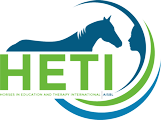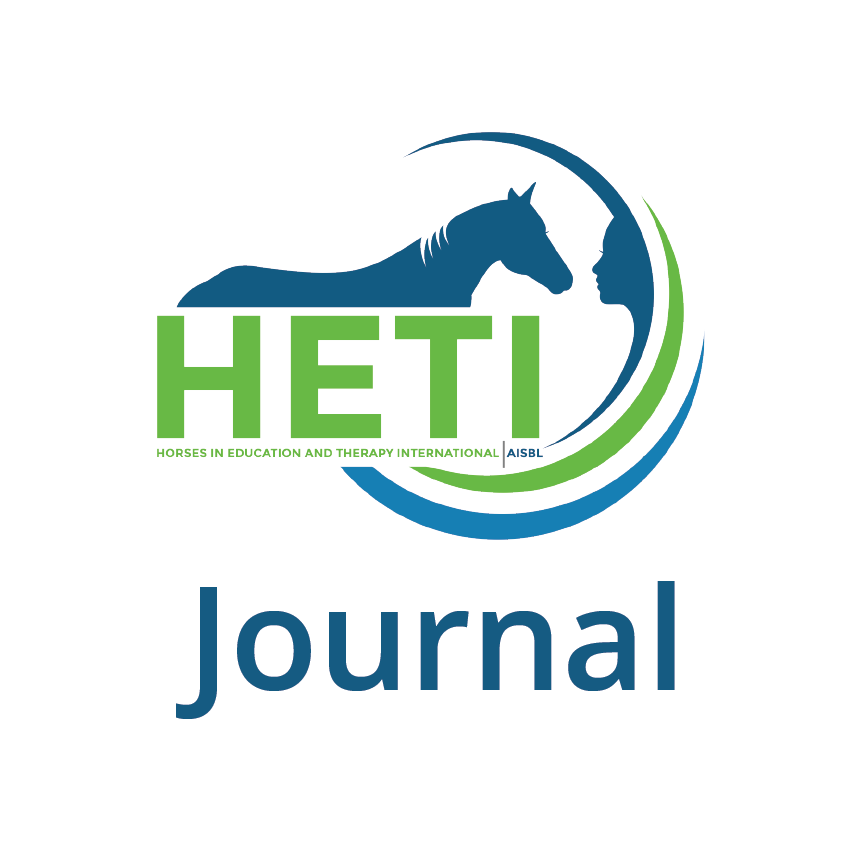A short-term equine assisted learning program improves family relationships. A Pilot study.
€15.00
| Author | Kezia S. Sullivan, Ann Hemingway |
|---|---|
| Year | 2024 |
| DOI |
Young people with special educational needs and their families were particularly affected by the COVID-19 pandemic, with many parents reporting feeling overwhelmed. This study reports on the outcomes of an equine-assisted learning program piloted in summer 2021, which aimed to improve the wellbeing of families by providing them with a positive group experience. Families attended the Equine-Assisted Learning (EAL) program for either of two sessions, which lasted 2.5 hours each. The Family Relationships section of the Family Quality of Life Questionnaire was filled out before and after the program, as well as at a 2-month follow up. Outcomes were also measured using the Strengths and Difficulties Questionnaire, which was filled out by referrers for the young people who were the primary referees to the program. There were 14 families participating in the program, and analysis revealed a significant positive impact on family relationships scores at a total level which was maintained at 2 months follow up, as well as at item level for the majority of items in the short-term. There was also a positive change in Strengths and Difficulties Questionnaire scores for the young people, although this was non-significant. The results of this pilot study show that a short-term family-focussed Equine-Assisted Learning intervention may be effective for improving family relationships, which contribute to individual wellbeing. A larger scale randomised controlled trial would be beneficial to allow the results to be generalised in the future.

